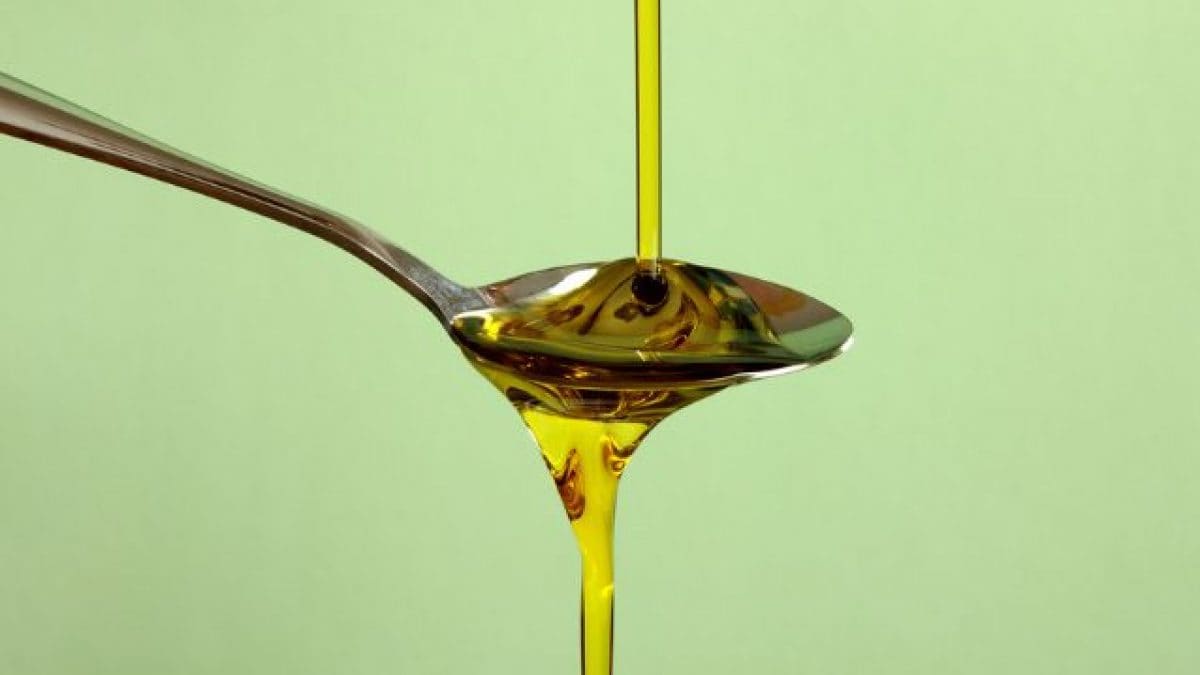
Olive oil is a staple in many kitchens, known for its rich flavor and numerous health benefits. However, like any other oil, it can go bad if not stored correctly. Whether you use it for cooking, dressing, or drizzling, knowing how to store your olive oil and how to spot when it’s rancid can ensure you get the best flavor and maximum health benefits.
Does Olive Oil Go Bad?
Yes, olive oil does go bad, though it has a longer shelf life than many other oils. The key to keeping it fresh is understanding how it deteriorates over time.
Olive oil is rich in polyphenols, antioxidants, and healthy fats, but these compounds are sensitive to heat, light, and oxygen. If exposed to any of these elements for too long, the oil can become rancid, losing its flavor and nutritional value. The shelf life of olive oil is generally about 18-24 months from the harvest date, though this can vary depending on the quality and storage conditions.

How to Tell If Olive Oil Is Rancid
Rancid olive oil doesn’t spoil in a way that makes it unsafe to consume, but it will certainly lack the flavor and health benefits you expect. Here’s how to tell if your olive oil has gone bad:
- Smell: Fresh olive oil has a pleasant, fruity or grassy aroma. If it smells like crayons, playdough, or has a stale or musty scent, it’s likely rancid.
- Taste: A rancid oil will taste bitter, flat, or even like cardboard. If the flavor is off or it lacks the usual fruity or peppery notes, it’s no longer good.
- Appearance: While not as obvious as smell or taste, olive oil that has become cloudy or thickened may be a sign that it’s past its prime.
How to Store Olive Oil Properly
To extend the shelf life of your olive oil and maintain its flavor, it’s essential to store it properly.
- Keep It Cool: Heat is one of the primary factors that degrade olive oil, so store it in a cool, dark place away from heat sources like the stove, microwave, or direct sunlight.
- Avoid Light: Olive oil is best stored in dark glass bottles or opaque containers. Light causes oxidation, which accelerates rancidity.
- Seal It Tight: Ensure the bottle is tightly sealed to limit exposure to air. Oxygen speeds up the oxidation process and can lead to rancidity.
- Don’t Refrigerate: While refrigeration can extend the shelf life of some oils, it’s not ideal for olive oil. It can cause the oil to solidify and affect its texture and flavor when you bring it back to room temperature.

Choosing the Best Olive Oil
- Buy Smaller Quantities: To ensure freshness, it’s best to buy smaller bottles that you can use within a few months. Fresh, high-quality olive oil will give you the best taste and health benefits.
- Look for Harvest Dates: Purchase olive oil with a harvest date listed on the bottle. Choose oils that were harvested within the past year for maximum freshness.
- Extra Virgin Olive Oil (EVOO): For the best flavor and health benefits, always opt for extra virgin olive oil, which has the highest level of antioxidants and polyphenols.
Final Thoughts
Olive oil does have a shelf life, but with proper storage, it can stay fresh for a long time. Always keep your oil in a cool, dark place, use it within a few months of opening, and check for signs of rancidity before using it. With these simple tips, you’ll be able to enjoy the rich, flavorful, and health-boosting benefits of olive oil for longer.
;Resize,width=767;)
